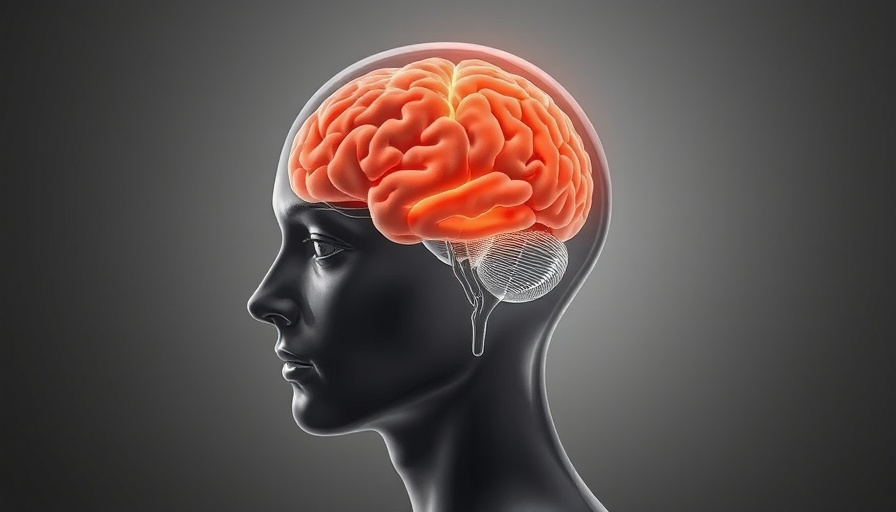
Understanding Neurogenic Bladder: Connecting the Dots
Neurogenic bladder is a complex condition resulting from damage to the nerves responsible for bladder function, impacting millions globally. This disruption leads to debilitating urinary dysfunctions such as incontinence, frequent urges to urinate, and retention, significantly affecting daily life. Awareness of how this condition manifests and its implications is crucial not just for those diagnosed but for caregivers and healthcare professionals, providing insight into more compassionate and effective care strategies.
Unraveling the Causes of Neurogenic Bladder
Various neurological conditions can lead to neurogenic bladder. Common causes often involve neuro-degenerative diseases or injuries:
- Spinal Cord Damage: Damage at any spinal cord level can disrupt critical nerve pathways, often resulting in urinary retention and incontinence.
- Multiple Sclerosis: As an autoimmune disorder, MS disrupts the balance between bladder function and nerve signals, affecting control and resulting in urgency or frequency.
- Brain Stroke: Varies based on severity, a stroke can hinder the brain's ability to manage bladder control, leading to a neurogenic bladder.
- Diabetes: Over time, diabetes can cause nerve damage, leading to difficulty fully emptying the bladder.
- Spina Bifida: This congenital condition can result in significant nerve complications, impacting bladder functionality.
- Parkinson's Disease: This progressive disorder can disrupt muscle coordination, leading to various bladder symptoms.
Challenges Faced by Those with Neurogenic Bladder
Living with a neurogenic bladder poses various challenges that can deeply affect a person's quality of life. Frequent urinary incontinence can lead to social anxiety and isolation. The continued urgency to use the restroom often interrupts daily activities and can disrupt sleep due to nocturia—a condition marked by excessive urination at night. Additionally, patients may face recurrent urinary tract infections (UTIs), which can complicate their condition further.
Effective Strategies for Managing Neurogenic Bladder
While the challenges may seem daunting, various management strategies can empower individuals to manage their condition effectively. Open communication with healthcare providers is vital, and here are several practical insights:
1. Scheduled Voiding
Establishing a schedule to empty the bladder can significantly mitigate incontinence and provide improved control over urinary habits.
2. Double Voiding Technique
This technique encourages patients to attempt to urinate twice in a single session, thus ensuring the bladder is thoroughly emptied and potentially reducing residual urine buildup.
3. Healthy Dietary Choices
Certain foods and drinks can irritate the bladder and exacerbate symptoms. Reducing intake of caffeine, spiciness, and acidic foods can help alleviate discomfort during urination.
4. Engagement in Pelvic Floor Exercises
Strengthening the pelvic floor muscles through targeted exercises can dramatically enhance bladder control and reduce episodes of incontinence.
5. Exploring Medical Interventions
Medications, including antispasmodics and neuromodulators, can regulate bladder function effectively. If issues persist, procedures such as Botox injections or surgical options might be worth considering in consultation with a healthcare provider.
Overcoming the Stigma: A Community Perspective
Despite the challenges posed by neurogenic bladder, it is important to promote awareness and understanding of this condition. Stigmas often surround bladder health discussions, which can hinder open dialogue about patient experiences. Through educational resources and community support, we can improve the quality of life for those affected, encouraging them to engage in supportive networks, share their journeys, and learn from others.
Conclusion: Taking Charge of Your Health
Neurogenic bladder is a manageable condition with appropriate strategies and support. By remaining proactive and informed, individuals can continue leading fulfilling lives despite the challenges posed by this condition. It's essential to consult health professionals routinely and keep an open dialogue about symptoms and treatment options.
For more resources and support, consider visiting healthcare providers that specialize in urological health or community organizations that assist individuals living with neurogenic bladder issues.
 Add Row
Add Row  Add
Add 
 Add Row
Add Row  Add Element
Add Element 



Write A Comment